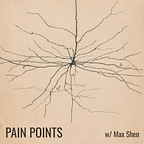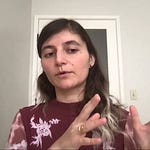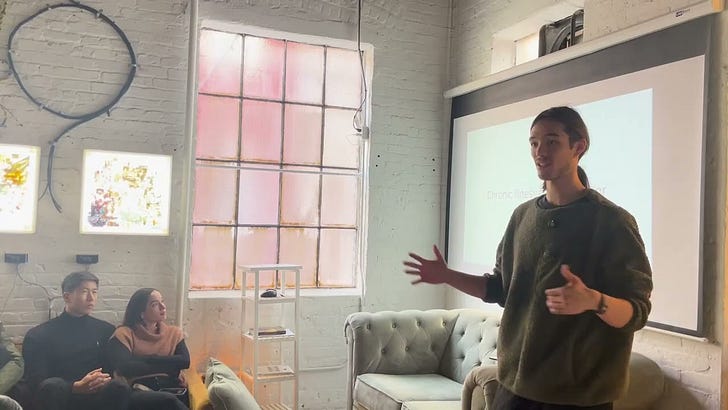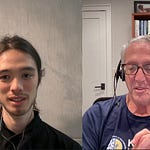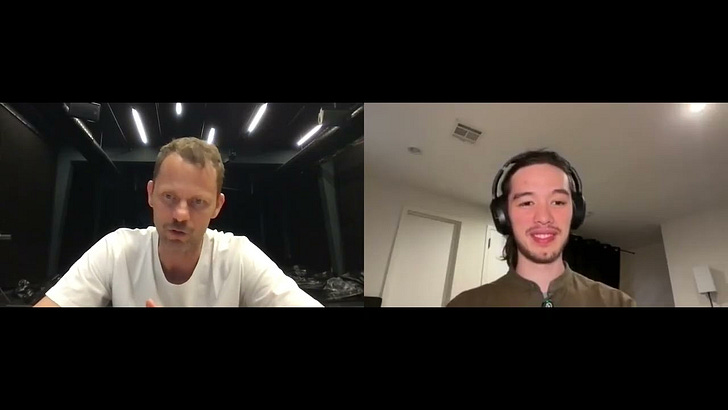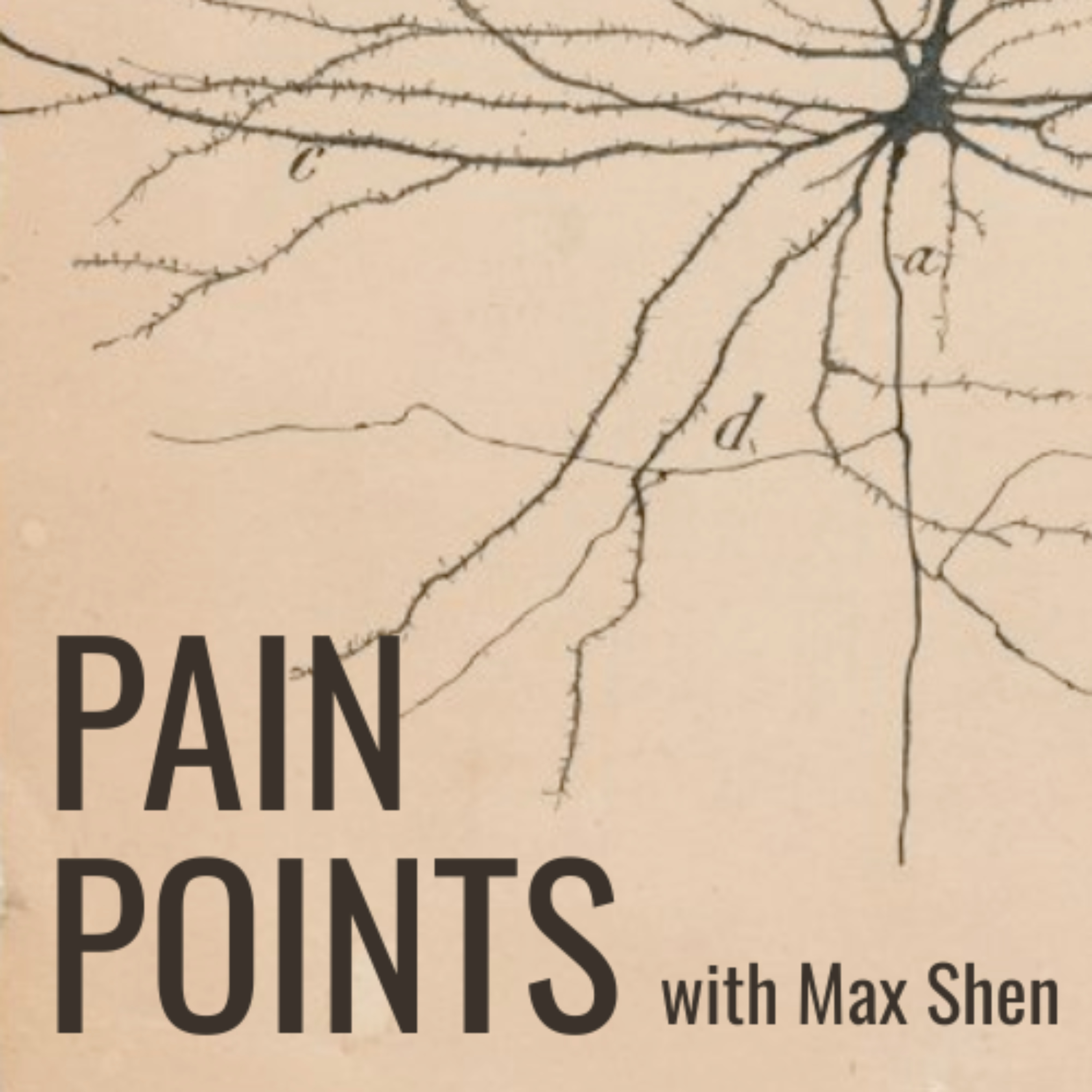“ We try to think about things from the perspective of the state itself. We too are a temporary metabolic pattern, and we have we have mental states and memories and goals and preferences and thoughts and so on.
I think of all of these things as a continuum, [William James] said that ‘thoughts are thinkers too’, and it's a spectrum. We are also patterns, and we spawn off other patterns and there's a continuum... there’re fleeting thoughts and then persistent, intrusive thoughts that are a little harder to get rid of. Maybe they do a little niche construction in your nervous system to keep themselves around longer. And then, much larger things like personality fragments, like in dissociative identity disorder, and then full human personalities, and then maybe some sort of transpersonal bigger things after that.”
Professor Michael Levin is the director of the Allen Discovery Institute at Tufts, and in my opinion, the most interesting scientist alive. He's created devices to regenerate limbs in animals that are non regenerative, made tadpoles grow working eyeballs out of their tails, and created other novel self-healing microscale life forms.
I am joined also by Adam Safron, who is a brilliant postdoc-collaborator with Mike Levin and who is a good friend of mine.
I start with a concise overview of Levin’s work and we get into rich territory about pain. I hope you enjoy the interview as much as I did.
More on health, movement, and becoming the whole collective intelligence you are: essays.debugyourpain.com
You can also listen on Apple Podcasts
Timestamps
00:00:00 – Regeneration, Bioelectricity, and Cellular Agency
Levin introduces frog limb regeneration and the surprising effects of an empty biodome—suggesting even cells can experience agency and respond to protected environments.
00:02:00 – The TAME Framework: Every Living System as Nested Intelligence
Max explains Michael Levin’s worldview: living organisms are composed of goal-directed agents across scales, from organs to organelles.
00:06:00 – Chronic Pain as a Persistent Pattern with Agency
Exploring the provocative idea that pain can act as an agent with its own goals—akin to false beliefs that persist within tissue systems.
00:09:00 – Personal Narrative: Reorienting Research Through Pain
Max shares his journey through unexplained chronic pain, and how it led to a shift toward somatic cognition and predictive processing.
00:13:00 – Patterns as Thinkers: From Thoughts to Dissociative Agents
Levin discusses how persistent cognitive patterns—like chronic pain or trauma—may act as semi-autonomous agents within the system.
00:18:00 – Social Contagion, Morphogenetic Cohesion, and Cellular Belief
How embryonic cells reinforce each other’s development plans, resist defects together, and what this implies for physiological and social healing.
00:21:00 – Messaging the Collective: Bioelectric Signals and Organ-Level Intelligence
Discussion of how regenerative signals work at the tissue or organ level, rather than with individual cells—emphasizing the importance of scale in intervention.
00:27:00 – Rethinking Pain: Language, Valence, and Non-Neural Embodiments
Challenging assumptions that affect or pain require a nervous system—suggesting even transcriptional states can have “preferences.”
00:34:00 – Therapeutic Alliance and Molecular Placebos
Exploring the parallels between psychotherapy, placebo effects, and associative learning in gene regulatory networks.
00:40:00 – High-Level Healing: Letting Systems Solve Their Own Problems
How interventions like biodomes or somatic practices (e.g., Feldenkrais) can empower cellular or bodily systems to rejoin the collective intelligence of the organism.
Resources
Levin, Michael. "A Technological Approach to Mind Everywhere: an experimentally-grounded framework for understanding diverse bodies and minds." Frontiers in systems neuroscience 16 (2022): 768201.
“Beyond Biomechanics: The Enactive Inference Approach to Health and Movement” Shen & Frucek (2025)
Contact
Email: max@debugyourpain.com
Twitter: @mxslk


